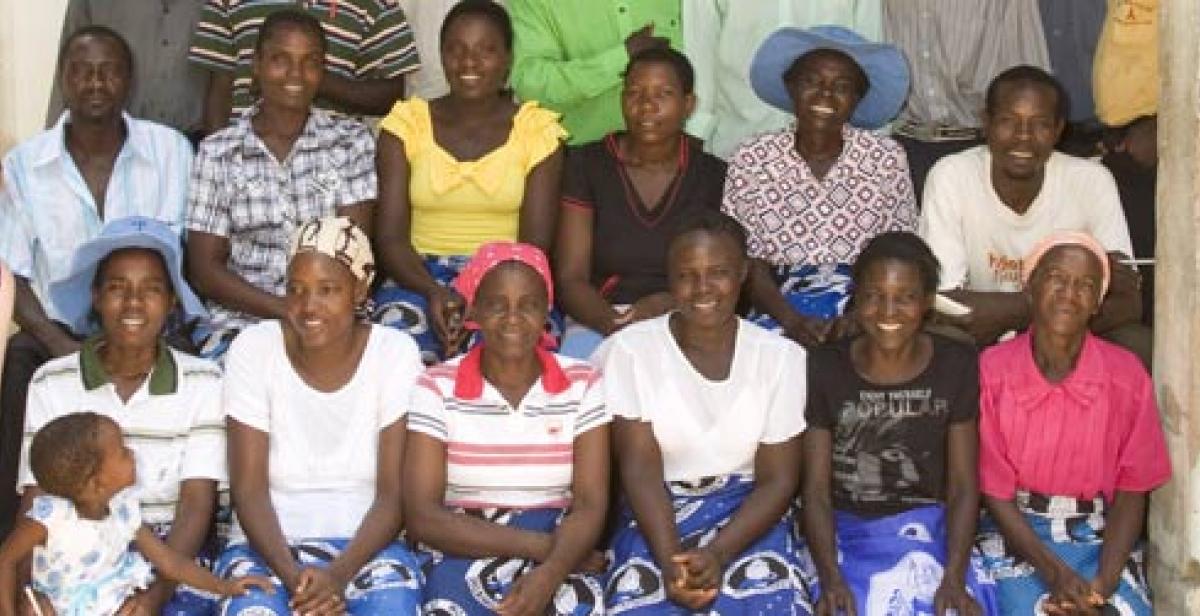Lizzette Robleto-Gonzales shares some thoughts from New York, where she is attending the UN Commission on the Status of Women, as a new Pope is elected and what that could mean for the Church's contribution to improving women's rights.
Women represent half of the population in the world but are still perceived as second class citizens in a lot of places. Many members of the Catholic Church are women and are directly affected by the policies and positioning derived from the Church – the election of a new Pope represents a clear opportunity for the Catholic Church to rethink their position regarding the situation of women and reengage with an important group of Catholics.
Shaping society’s values
Societal attitudes and behaviour towards women, especially in large Catholic communities, are affected and have been influenced by decisions the Catholic Church makes. There are many instances where this has been the case, for example, condemning infanticide, divorce, incest, holding abortion and contraception to be sinful. And, yet, through centuries, women have played a significant role in furthering the Church’s objectives including many martyrs and thinkers born into this faith.
The influence of the Church is important because it plays a role in shaping society’s values, principles and behaviour, which in turn puts them in a position of power and authority. Given that half of its followers are women, the Church has a responsibility to have a proactive response to issues around violence against women and girls, encouraging the education of women and girls and ensuring that their rights are protected.
Championing women’s rights
Women and girls have a fundamental right to live without fear of violence, which is constantly assaulted by rape or abuse – violence against women and girls is not natural. If the Church does not openly acknowledge this, it risks alienating and sidelining an important sector of the population. We cannot live in a society where the door is not open to women and where their essential rights are continuously violated.
Playing a transformative role
The Catholic Church could play a transformative role in changing behaviour and stereotypes, which takes into consideration the new world context. The Church can become a catalyst by openly acknowledging and appreciating the contribution of women to their societies in terms of development and leadership. The Church can also be very influential in pressing for legal and policy reforms that aim at continuing addressing women’s inequality at local, national, regional and international level.
Around the world, there is however resistance at accepting and valuing women as direct contributors to the transformation of their own societies, outside of the household. In post-conflict societies, this becomes more apparent given the weakness of governance structures responding to the needs of the population and the lack of political participation of women in those structures.
Being proactive about poverty
Poverty is a major issue that affects many women and girls – by calling for greater education of women and girls; facilitating income generation and livelihood opportunities for women; eliminating all forms of violence (physical and mental) against women and girls, the Church would fulfil one of the pillars of Christ’s teachings – caring for the fellow human being. The Church must call for equality amongst men and women where both enjoy the benefits.
Photo: Women of Kariyangwe Parish Catholic Commission for Justice and Peace group, Binga, Zimbabwe © Progressio



